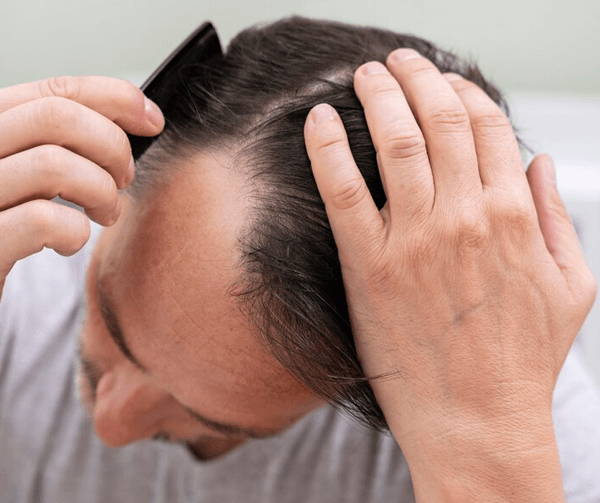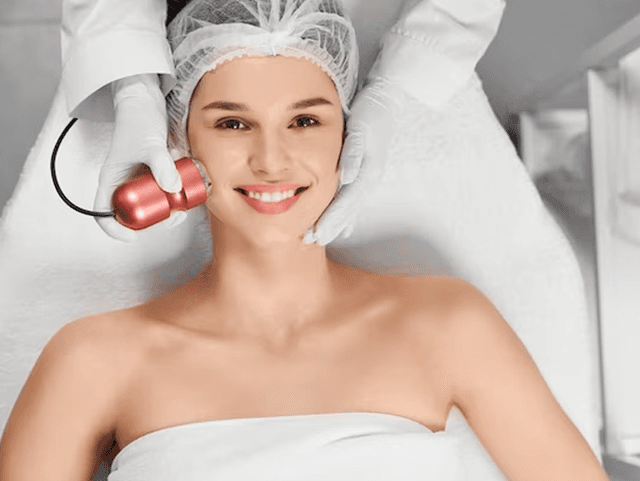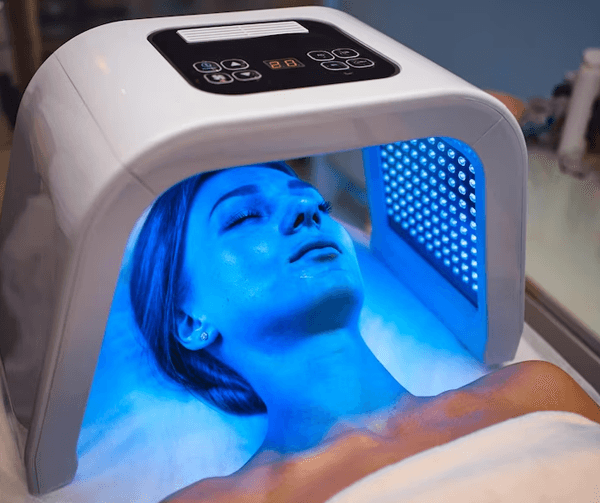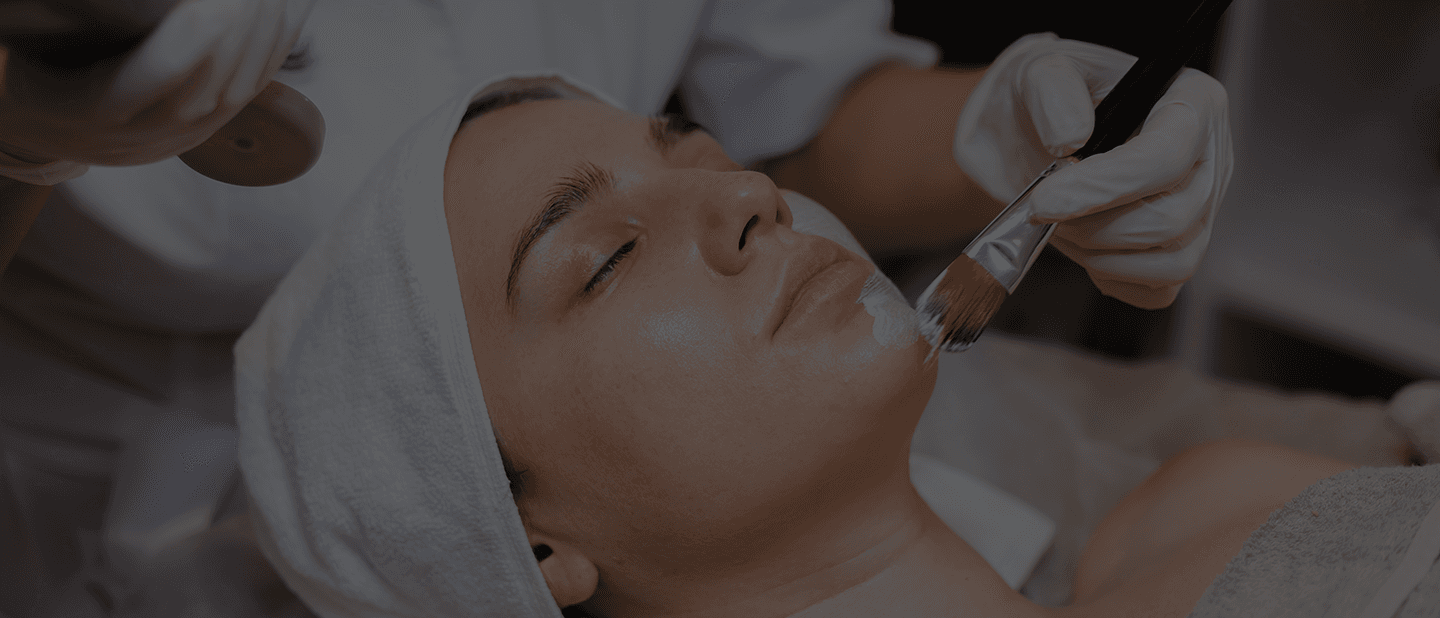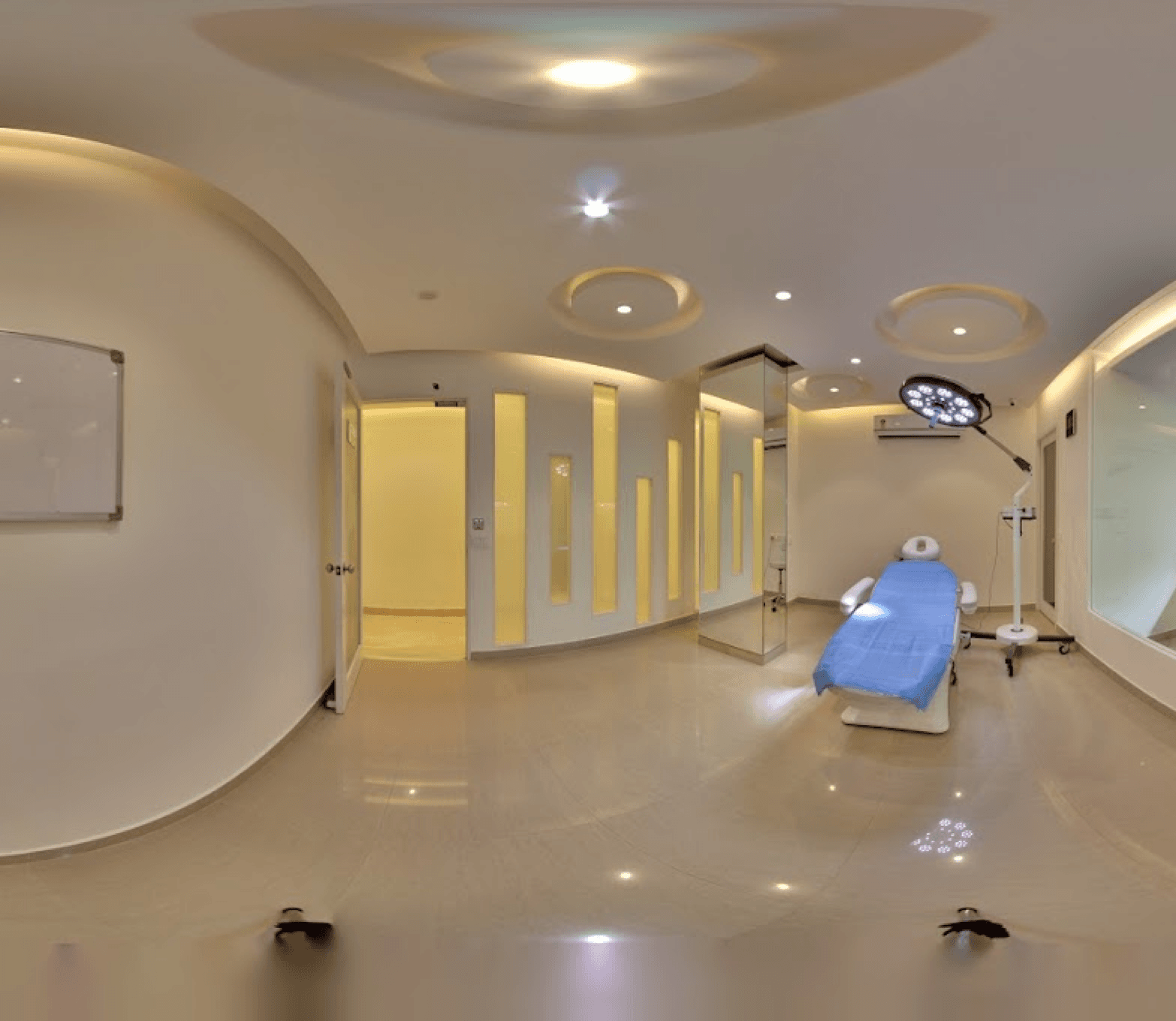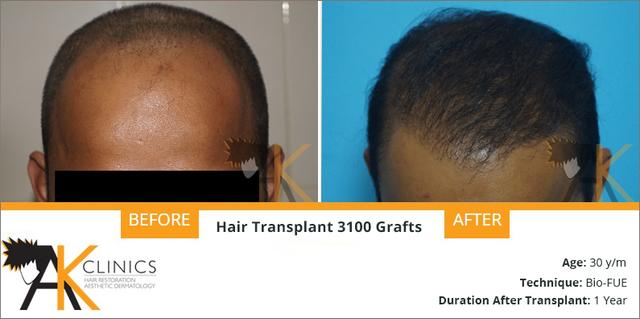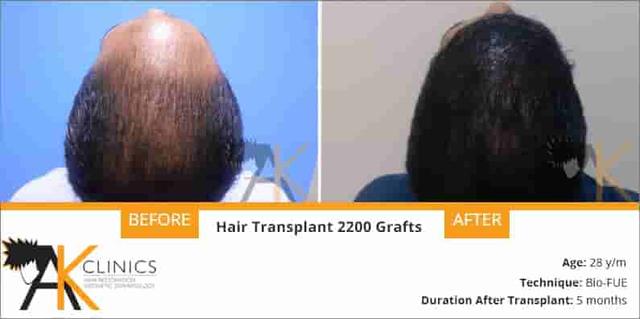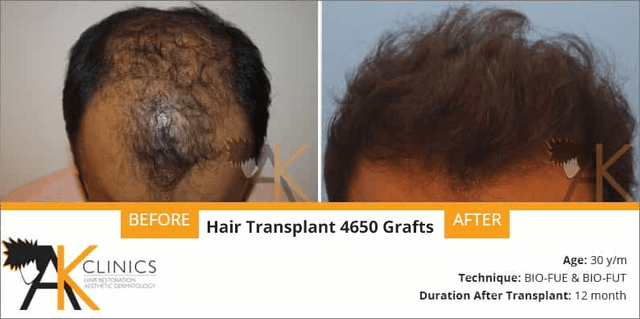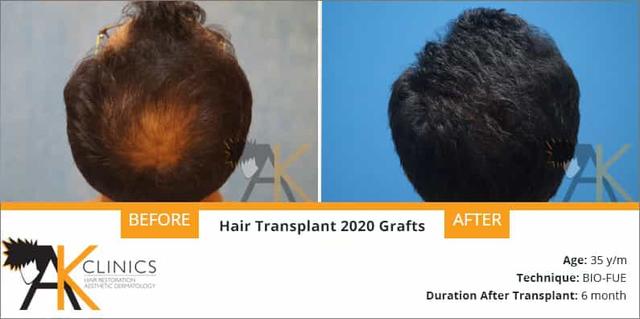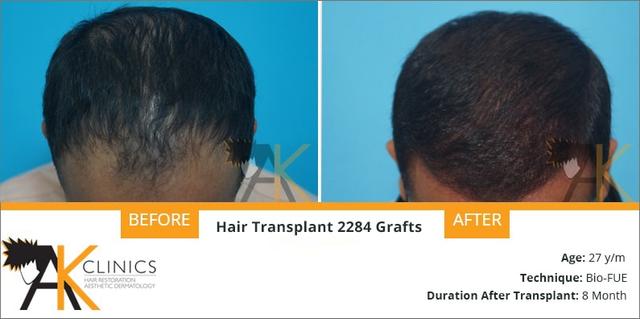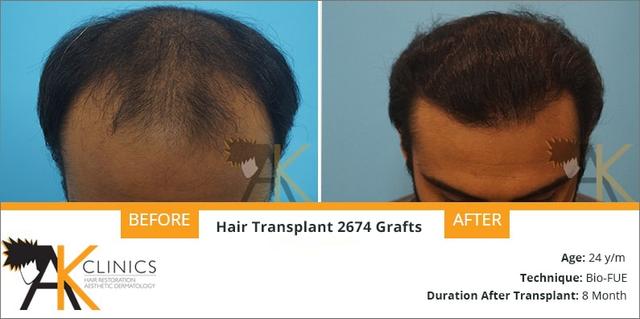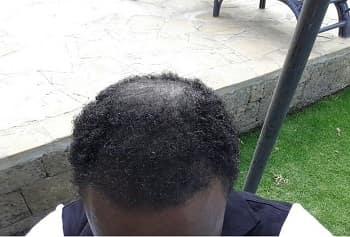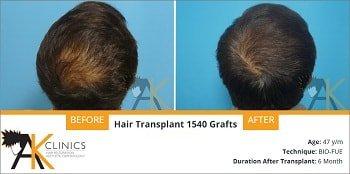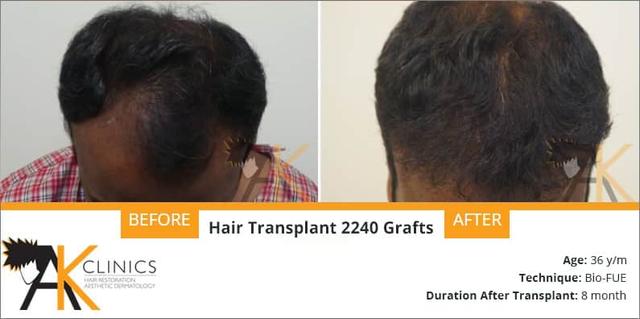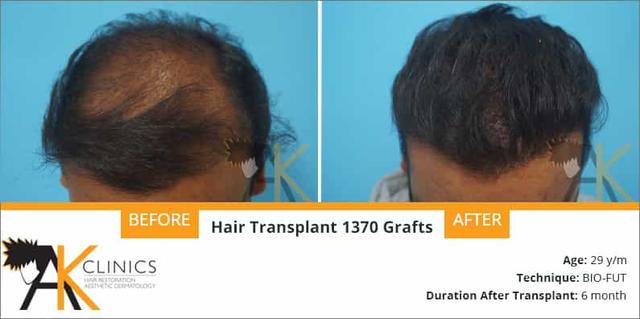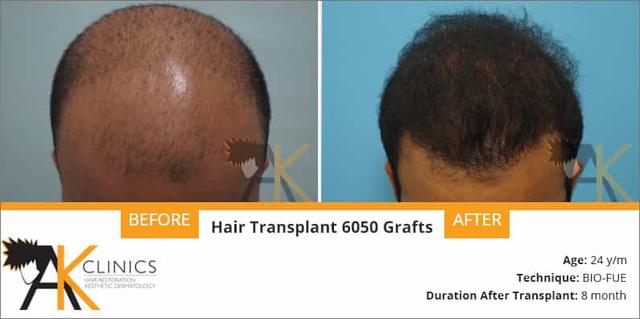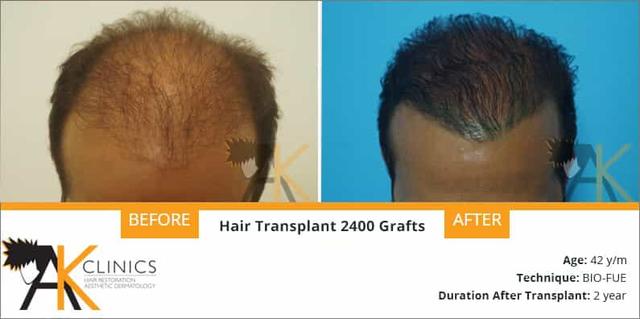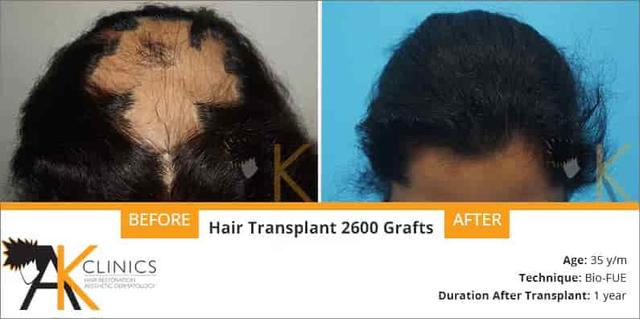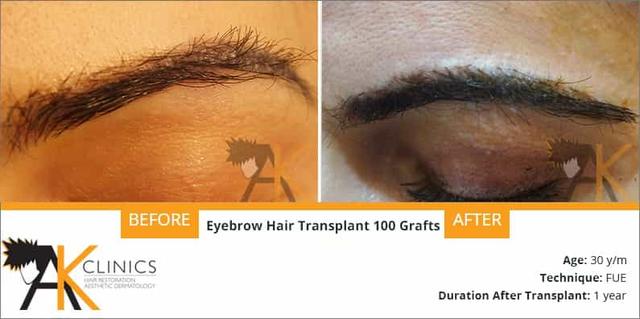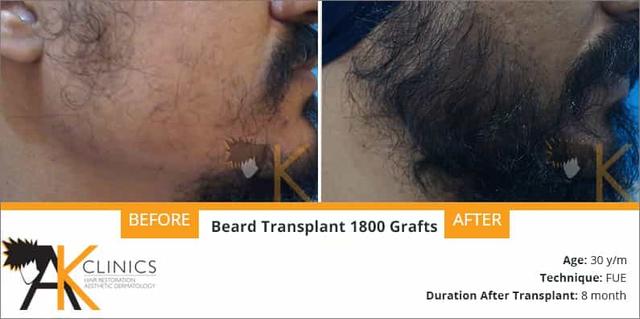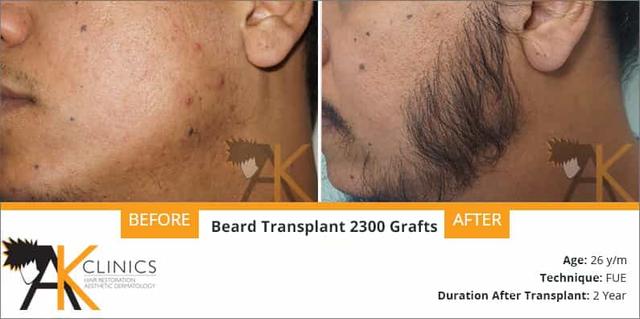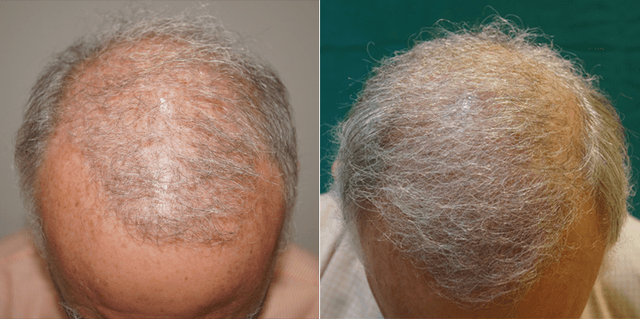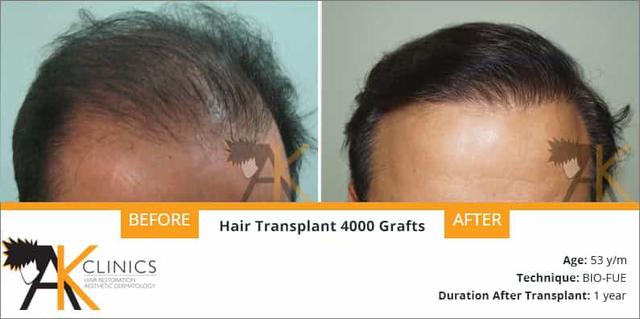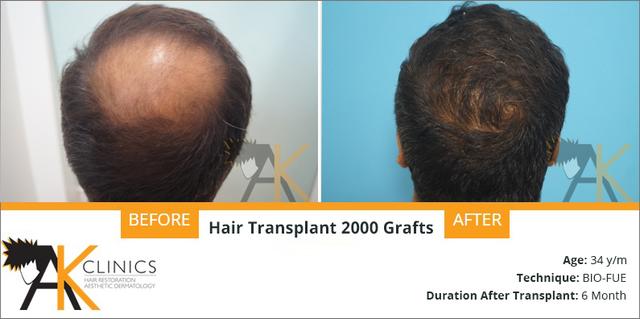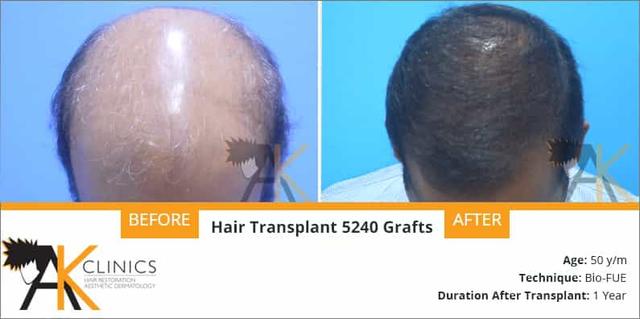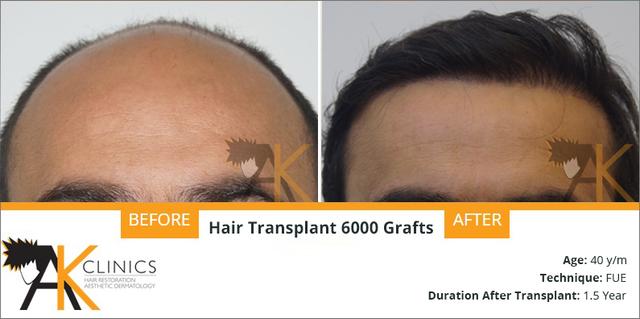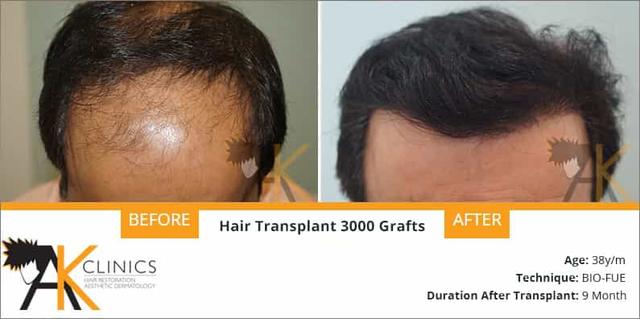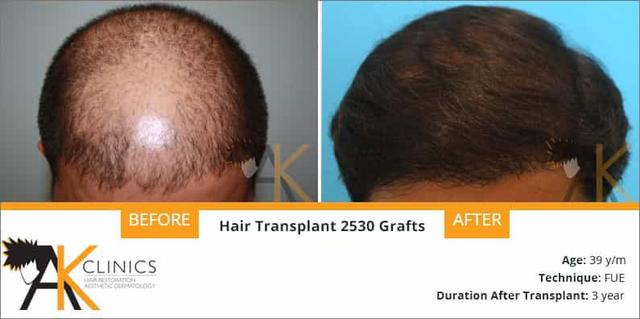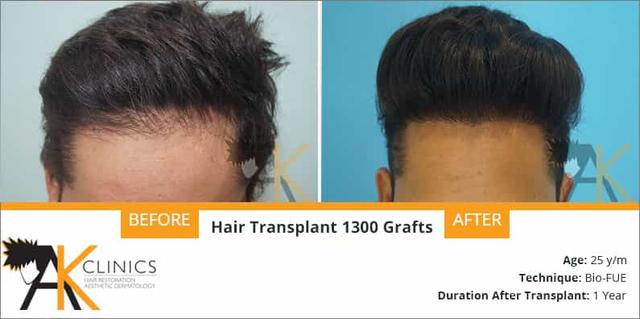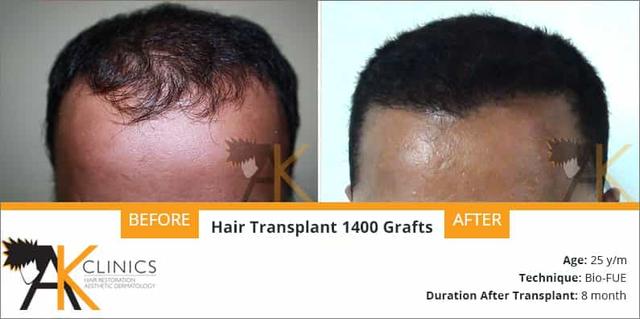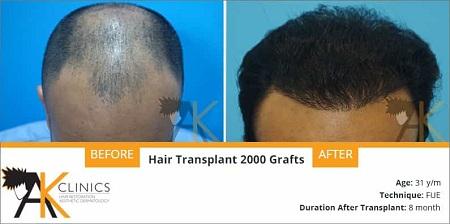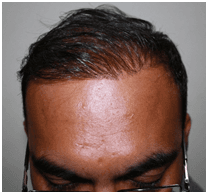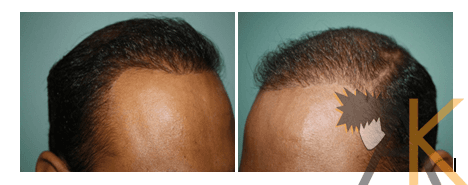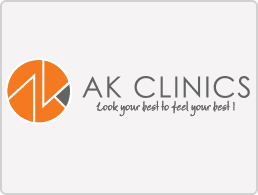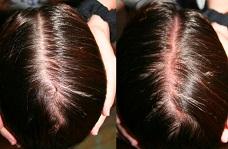Chemical Peels Treatment
Best Treatment for Acne Scars, Hyperpigmentation & Wrinkles
Everyone dream of a spotless, flawless complexion which is just lying under the surface of outer layer of our skin. Outer epidermal layer protects the inner dermal layer from external damage caused by sun, pollution, microbes in the environment etc. this makes our skin dull, hyper-pigmented, acne prone etc. by forming a dead skin cells layer. With the casting off this dull or dead layer of skin cells, we can have wrinkles free, hyper-pigmented free or acne free skin. Don’t worry, we offer the solution to your problem and the solution is “Chemical Peels”
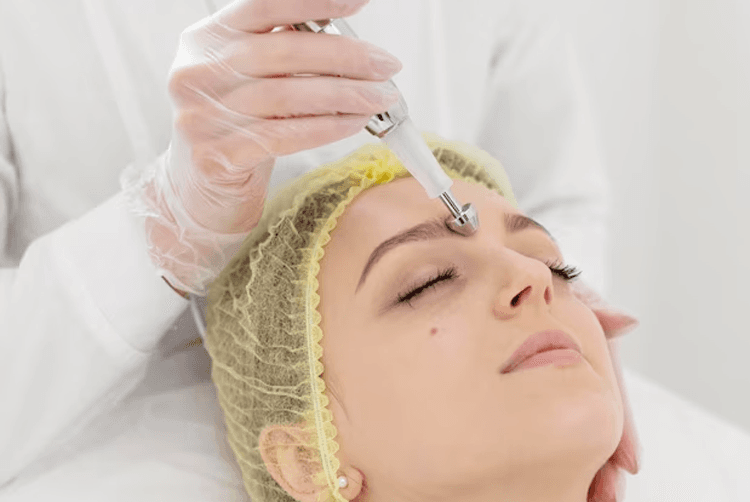
What is Chemical Peels?
A chemical peel is one of the most minimally invasive method of improving the nature or appearance of facial skin. The method can be used to smoothen the texture of the skin, by causing controlled destruction of the top most layer of the skin resulting in a fresher and healthier looking skin.It is important to note that the chemicals peels are not exclusively for the face, and can be used for other parts of the body too, especially the hands, neck and back. A chemical peel is an ideal solution to treat signs of skin damage due to ageing, over exposure to the sun, excessive usage of cosmetic products or even acne.
Are you a Right Candidate for Chemical Peel?
People who have light hair or fair skin are considered to be the best candidates for chemical peel. If you have any skin infection, skin disorder, cut or burns, then you cannot go for a chemical peel. Other conditions which are to be kept in mind are;
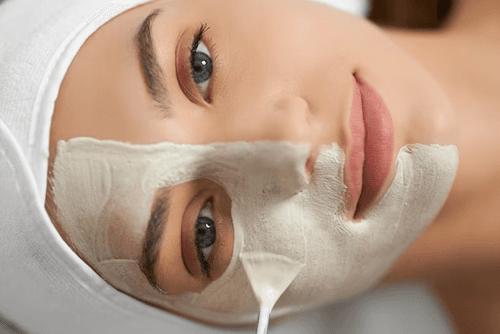
If you are nursing or pregnant, you are not a right candidate for chemical peel
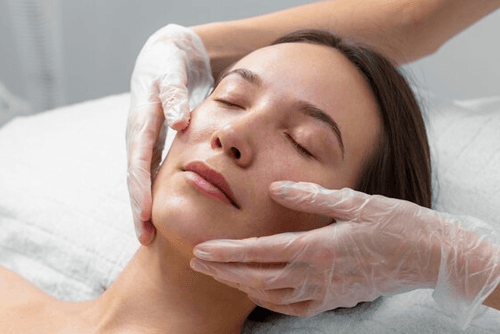
Suffering from skin disorders like psoriasis, rosacea, dermatitis etc.
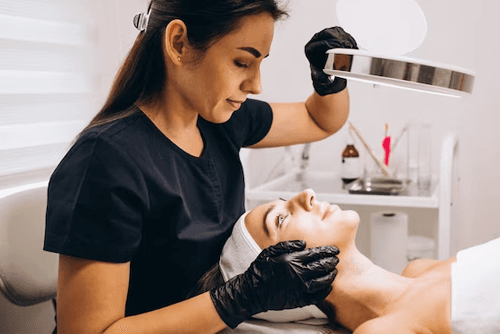
Recently used skin products containing ascorbic acid, skin lightening agents or acid within 48 hours
Skin Conditions that Chemical Peel Treat
Chemical peel is largely a cosmetic procedure and it is indicated depending upon the patient’s requirement to correct skin textural problems. Treatments vary with the severity of the condition and the wishes of the patient. We at AK Clinics always help the patient with information that what is possible and what is desirable for the best results after the treatment.

Skin lesions: Acne Vulgaris, Rosacea in remission

Acne Complications: Hyper-pigmentation, Athropic scars & Enlarged skin pores

Skin Hyper-pigmentation: On Hormonal basis, connected to age or caused by sun radiation

Wrinkles: Solar origin as well as mimic & those connected to age
How Chemical Peel Works?
Chemical peel works on three basic principals’ i.e. Exfoliation, Removal of skin imperfections, Regeneration In this process, chemical peels are applied directly to the skin which destroys the outer layer of the skin through chemical activities. However, a controlled destruction of epidermis is there so as to avoid excessive damage to skin. Destruction of epidermis leads to the exfoliation and removal of superficial lesions on the skin followed by the regeneration of new epidermal & dermal tissues.
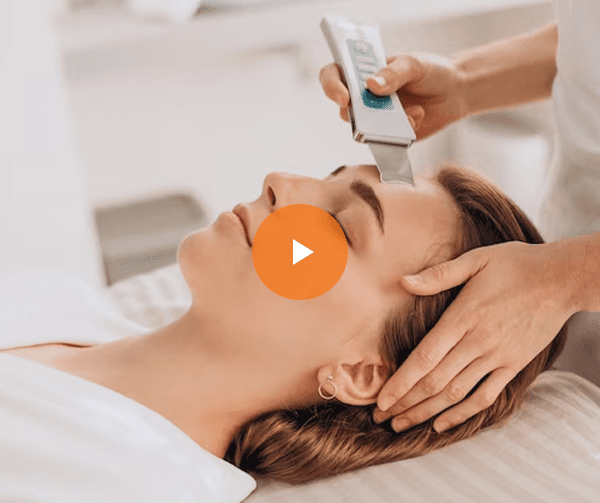
Types of Chemical Peels
There are three different types of chemical peels that you can get;

Mild Chemical Peel
- Reduces pigmentation
- Controls acne
- Removes blemishes
- Helps with mild sun-damage
- Reduces mild blotchiness
- Fresher and younger looking appearance

Medium Depth Chemical Peel
- Removes thin facial lines
- Reduces facial birthmarks
- Helps with dry skin and old acne scarring
- Helps with sun-damaged skin
- Improves blotchy skin
- Younger looking overall appearance

Deep Chemical Peel
- Emanates deeper acne scar
- Long lasting effect
- Controls acne
- Helps with deep or course wrinkles
- Age spot removal
- Smoother skin, younger appearance
- Long-term results
Cost of Chemical Peels
Chemical peel is a sensitive process which needs precision while doing procedure. There are few factors which determine the cost of the chemical peel treatment.
4 Side effects of Chemical Peel Treatment
There are very common side effects after the chemical peel treatment. But these side effects can be managed or treated easily with precautions. Just consult with your doctor if you face any of the side effects.

Dry Skin
Due to the chemical peel, your skin may become dry. But with the help of regular moisturizing, you can get rid of dry skin. Drink plenty of water and try to keep your body hydrated.

Flaking
Chemical peel is about peeling off your dead skin. So if you see flakes on your skin or face, don’t get scared. It is a normal process and your new layer of skin will be visible within few days of flaking.

Redness
You may see red patches on the skin after the chemical peel procedure. As your outer layer of skin has undergone the chemical procedure, you might suffer from redness but it will not last long.

Pigmentation
If you are going for chemical peel treatment by a specialized dermatologist, you may not have to face this. This is very rare side effect of chemical peel.
Before, During & After Chemical Peels
Before
When a person approaches a doctor with the intention of getting a chemical peel, there will be a fair few steps involved.
These would include:
- Why you want to get a Chemical Peel and whether you have realistic expectations from the Procedure
- Whether you have any medical conditions, allergies or prior surgeries
- Your alcohol consumption and smoking habits
- Whether you are on any medications, vitamins or herbal supplements
Your doctor might also ask you to undergo a few medical tests and checks, to ensure that you are fit to undergo a chemical peel. You will also be made to understand the possible risks and side effects, so that you are able to make a fully informed decision.
This would also be a good time to have all your doubts and queries clarified and you should not feel embarrassed or ashamed to ask anything.
During
What you can Experience during the Chemical Peel Procedure?
Before a chemical peel is actually started, your face will be cleaned thoroughly. If you are opting for a deep chemical peel, then you will be given an anaesthetic or mild sedation, because there could be some pain involved. The pre-prepared chemical solution will then be brushed onto your skin and allowed to do its work. Timing is crucial, which is why you should get the treatment only from a reputed clinic or salon. There could be some tingling, burning or itching sensation and all these are considered normal.
Depending on the type of chemical peel you have opted for, your doctor will either, simply wash off the peel, use a saline compress or slather your skin with ointment. If you have undergone a deep chemical peel, chances are that your skin will be dressed and the ointment will have to be left untouched for a day.
After
What are the benefits that you can expect after the chemical peel treatment?
Once the procedure has been completed, you are bound to feel a little itching, irritation or redness, but all of these are normal and will disappear in a few days. You will be given medication to apply on your skin, which will help reduce the redness or irritation and also help with the possible pain. There is a chance of infection or hyper-pigmentation and if you notice either, it would be best that you meet a doctor immediately. You will be asked to avoid makeup for a few days, because your skin will require time to heal. You will also be asked to apply a gentle moisturizer as well as sunscreen.
Why Choose AK Clinics?
Should you choose to come to AK Clinics, you can expect a transformational journey to regain your confidence and youthful appearance through our exceptional Hair and Skin care services.

INFRASTRUCTURE
We have a proven track record of outstanding natural results – visit our results gallery to see hair transformation before and after images for yourself.

HIGH SUCCESS RATE
We have a proven track record of outstanding natural results – visit our results gallery to see hair transformation before and after images for yourself.

EXPERIENCED TEAM
We have a proven track record of outstanding natural results – visit our results gallery to see hair transformation before and after images for yourself.

FREE COUNSELLING
We have a proven track record of outstanding natural results – visit our results gallery to see hair transformation before and after images for yourself.
Questions Asked By The Patients
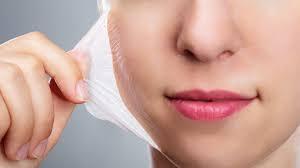
Will I Experience Any Side Effects?
Will A Chemical Peel Help My Skin?
What Is The Recovery Time For A Chemical Peel?
How Many Treatments Will I Require?
What Do Chemical Peels Do?

